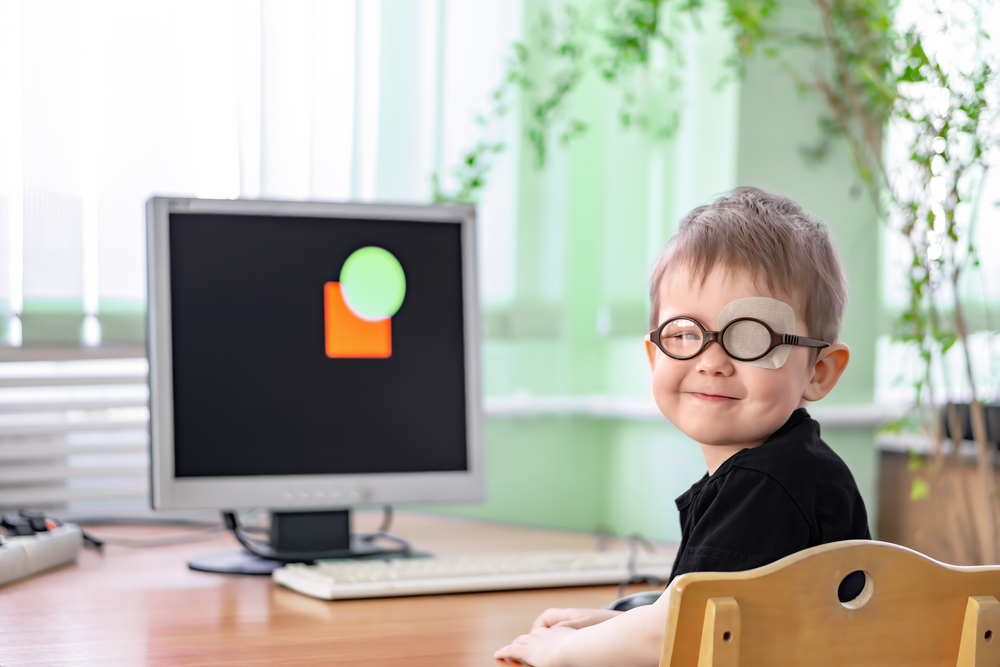
Learning disabilities are a broad term that describes a variety of challenges individuals may face when it comes to acquiring and processing information. These difficulties can impact various aspects of life, from academic performance to social interactions. At their core, learning disabilities are neurological in nature, stemming from the way the brain processes and interprets information. With the right support and accommodations, they can thrive and achieve their full potential.
The Impact of Learning Disabilities
The impact of learning disabilities can be far-reaching, affecting various aspects of an individual's life. Academically, learners with disabilities may struggle to keep up with their peers, often falling behind in core subjects like reading, writing, and math. This can lead to frustration, low self-esteem, and a lack of confidence in their abilities.
Beyond the academic realm, learning disabilities can also have social and emotional consequences. Individuals with learning disabilities may face challenges in understanding social cues, communicating effectively, and building meaningful relationships with their peers. This can result in feelings of isolation, anxiety, and even depression.
Additionally, the impact of learning disabilities can extend into adulthood, with individuals continuing to face obstacles in their personal and professional lives. Navigating the demands of higher education, the workforce, and everyday tasks can be particularly challenging for those with undiagnosed or unsupported learning disabilities.
Signs and Symptoms of Learning Disabilities
Recognizing the signs and symptoms of learning disabilities is the first step in seeking appropriate support and interventions. Some common signs and symptoms of learning disabilities include:
• Difficulty with Reading: Struggling with phonics, decoding words, or comprehending written material.
• Struggles with Writing: Challenges with spelling, grammar, or expressing thoughts and ideas in written form.
• Challenges in Mathematics: Difficulty with numerical concepts, problem-solving, or applying mathematical principles.
• Poor Memory and Recall: Struggling to remember information, instructions, or the sequence of events.
• Coordination and Motor Skills: Difficulties with fine or gross motor skills, leading to challenges with handwriting or physical activities.
• Attention and Concentration: Difficulties with focus, attention, and staying on task, which can impact learning and academic performance.
• Social and Emotional Challenges: Difficulties in understanding social cues, expressing emotions, or forming meaningful relationships with peers.
These signs and symptoms can vary in intensity and may manifest differently in each individual. Additionally, some individuals may exhibit a combination of these challenges, making it crucial to seek a comprehensive evaluation to determine the specific nature of the learning disability.
What is Vision Therapy?
Vision therapy is an approach that has gained increasing attention in the field of learning disabilities. This specialized form of treatment focuses on improving the visual processing skills that can contribute to learning challenges.
Vision therapy is based on the premise that certain visual processing deficits can contribute to or exacerbate learning disabilities. By addressing these visual processing deficits through targeted exercises and activities, vision therapy aims to improve the individual's visual skills and, in turn, enhance their overall learning abilities.
How Vision Therapy Can Help with Learning Disabilities
Vision therapy can be a valuable tool in supporting individuals with learning disabilities. By addressing the underlying visual processing challenges, vision therapy can have a positive impact on various aspects of learning and academic performance.
• Improved Reading and Comprehension: Vision therapy can help individuals with learning disabilities develop better eye tracking skills, enabling them to read more fluently and with greater comprehension.
• Enhanced Writing and Fine Motor Skills: By improving visual-motor integration, vision therapy can assist individuals in developing better handwriting, coordination, and fine motor skills, which are essential for written expression.
• Stronger Mathematical Abilities: Vision therapy can help individuals with learning disabilities better process and interpret visual information, which can aid in understanding mathematical concepts and problem-solving.
• Increased Attention and Focus: By addressing visual processing deficits, vision therapy can help individuals with learning disabilities improve their attention, concentration, and overall cognitive functioning.
• Boosted Confidence and Self-Esteem: As individuals with learning disabilities experience improvements in their academic and everyday skills, they may also gain a greater sense of confidence and self-esteem, positively impacting their overall well-being.
Get Started with Holistic Vision Today
Learning disabilities can present significant challenges for individuals and their families, but with the right support and interventions, individuals with learning disabilities can thrive and achieve their full potential. Vision therapy is one approach that has shown promise in addressing the underlying visual processing deficits that can contribute to learning difficulties.
By improving visual skills, vision therapy can enhance various aspects of learning, from reading and writing to mathematical abilities and overall cognitive functioning. Additionally, the positive impact of vision therapy can extend beyond the academic realm, boosting confidence, self-esteem, and overall well-being.
If you or a loved one is struggling with a learning disability, explore the potential benefits of vision therapy. Contact Holistic Vision to learn more about how this specialized approach can support your educational and personal goals. Visit our office in Jenkintown, Pennsylvania, or call (267) 500-9600 to book an appointment today.








